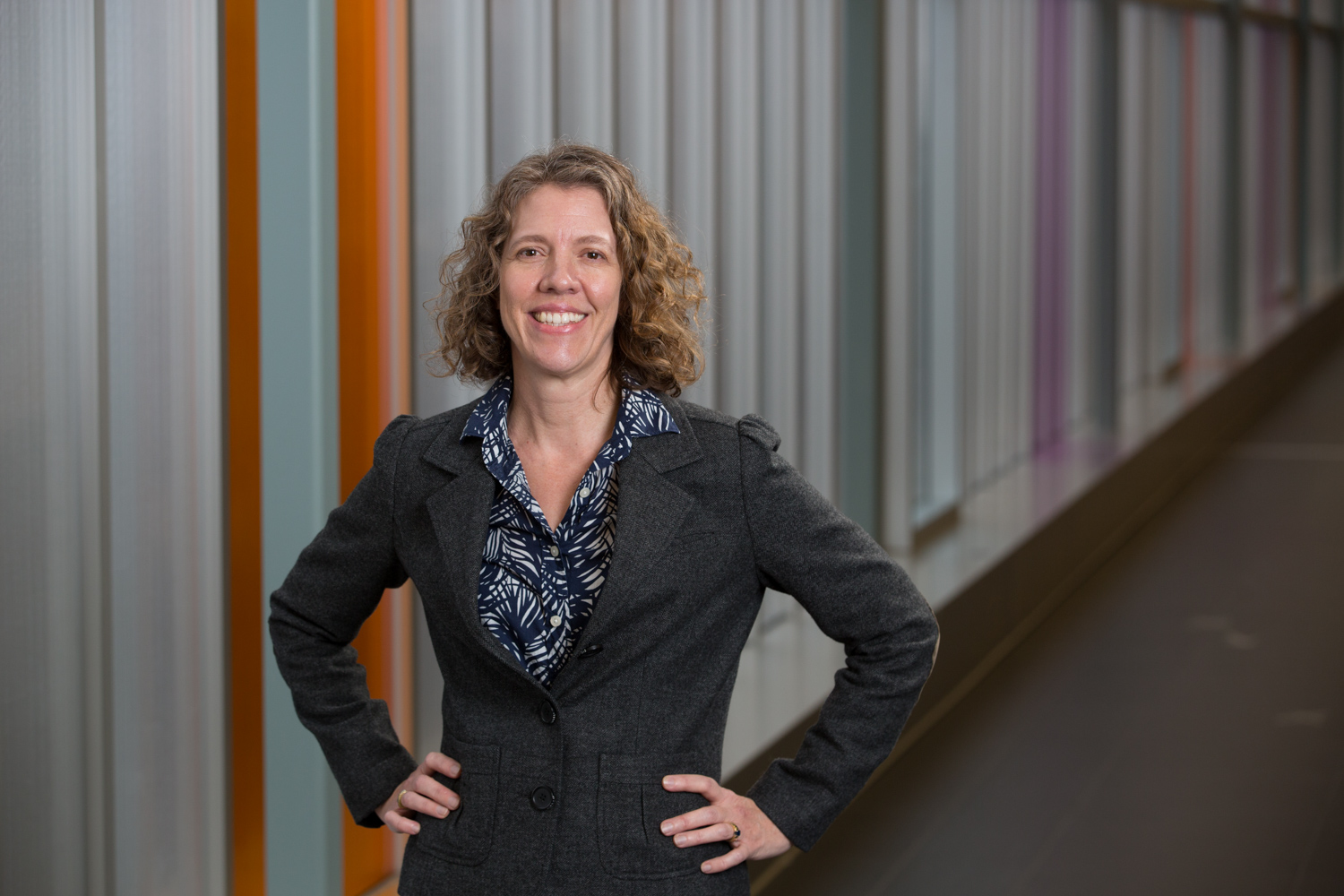Are you curious about when this pandemic will end? Will a vaccine be the tool to end it?
The MyTriPortNow newsroom recently spoke with vaccine safety scientist Dr.Julie Bettinger, at the Vaccine Evaluation Center in Vancouver, to get some answers to your questions.
We touched on a number of topics including:
- Hesitancy among parents and residents in getting the COVID-19 vaccine once developed
- Conspiracy theories surrounding a potential vaccine and the anti-vaxxer movement
- Whether or not a vaccine for the coronavirus will become mandatory
- Comparing the novel coronavirus to other pandemics like Ebola and SARS
- The urgency from medical experts to develop a vaccine
- What is the potential timeline for a vaccine
Here’s what Dr. Bettinger had to say:
“We’re a long way away from mandatory vaccines for COVID-19, we first need to have a vaccine that works- which we don’t have yet- and then we need to have enough doses that we can offer it to everyone to the population.”
“When we do hopefully get a COVID-19 vaccine, we are not immediately going to have enough doses to vaccinate everybody. We’re a long ways away from the point in time where we can say we have enough doses. I think any of those conversations are a bit premature.”
She added that even before a vaccine is rolled out, it undergoes a rigorous process to make sure it’s safe.
“I’m a little bit concerned about the characterization that medical labs are being pressured to develop a vaccine, I don’t think that’s an accurate characterization at all. There is a process that each vaccine has to go through before it’s licenced and the first step is showing that the vaccine works in non-human studies. When you’ve shown that it’s safe and in non-human studies and in a lab setting then you move into phase 1 clinical trial.”
“Once that’s been established, then you move into phase 2 trials where you look at both safety and whether or not the vaccine works; ethicacy. If the vaccine passes phase 2 clinical trials then it moves into phase 3 clinical trials. Which are then much larger samples and in that you’re really looking at how well the vaccine works and you’re also looking at safety. It’s not until a vaccine passes all of those steps that it would even be considered to be used in the broader population, and we’re not there yet with any of the 150 vaccine candidates,” Dr. Bettinger added.
Dr. Bettinger says as the pandemic became worse across the globe, it brought together some of the best research teams that all shared the main goal of finding a vaccine.
“There’s been a real refocusing of the scientific research that is normally happening. A lot of people that might have been working on different vaccines have switched from that work- essentially put that research on hold- and are now looking at COVID-19 virus.”
“The best scientific minds in the world are now looking at this one research question and it’s pretty powerful when you get that sort of collaboration globally in terms of what can be done and what can be solved. We could learn a lot from what’s happening with COVID-19 in terms of how we could deal with some of our other health issues and health problems.”
You can listen to the full interview with vaccine safety scientist Dr.Julie Bettinger below.




